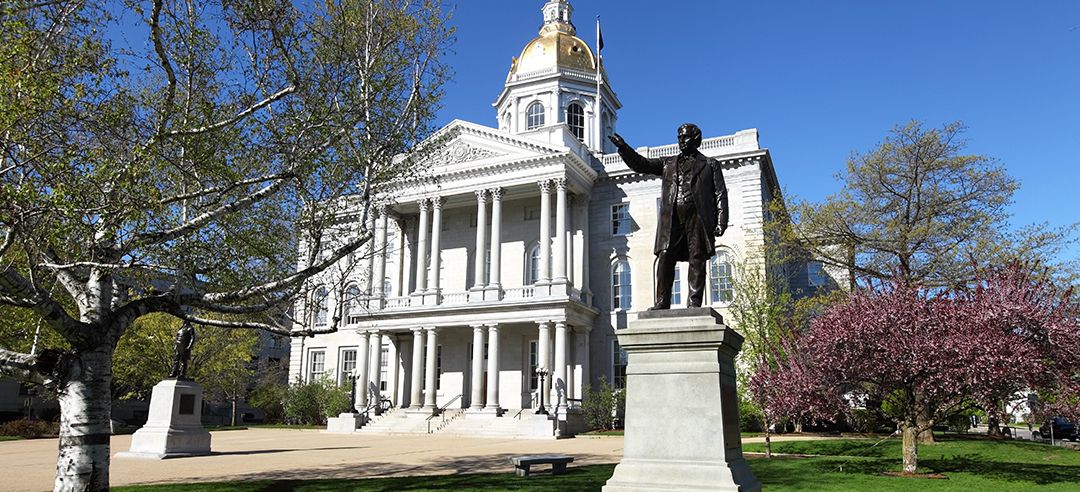Peeking on private property?
By BOB QUINN
Chief Executive Officer
Should someone be allowed to place a video camera on your private property without your permission? Surprisingly, it appears a number of State Representatives believe the answer to that question is yes.
Senate Bill 14 would require anyone who places a game camera on another’s property to have written landowner permission, and require that the owner of the camera must have their name and contact information visible on the camera while mounted. The House Resources, Recreation and Development voted to recommend passage by the narrowest of margins, 10-9.
Landowners and NH Fish & Game supported the bill – as does NHAR. A number of landowners indicated that although they currently make their property available for hunting, they might need to post those lands if they are unable to prohibit these video cameras.
The opposition argues the bill “goes too far, infringing on the historical rights of hunters, hikers, and nature watchers,” even though no hiker or nature watcher testified, and only one hunter spoke against the bill. And historical rights is a questionable argument, considering these game cameras have only existed for a relatively short period of time.
Members of the committee who opposed the bill also indicated that much of the land used by hunters has been placed in current use and is therefore subsidized by the government. That might speak to the right to hunt and hike on those lands, but it is not clear the relevancy that plays in guaranteeing their right to place a video camera on private lands.
The bill has already cleared the Senate, so the fate of the legislation will be determined later this week by the full House of Representatives.
OPLC gets to keep its revenue – up to a point
The Office of Professional Licensing (OPLC) is fully funded by fees paid by licensed professionals. Those dollars pay for personnel and all other costs at OPLC. Currently, those funds lapse at the end of budget cycle and the remaining revenue is sent to the general fund. Senate Bill 49 would change the OPLC account from a lapsing fund to a nonlapsing fund, with the intent to give OPLC a greater ability to plan long-term.
The bill was amended to cap the nonlapsing fund at $3 million at the close of each biennium, and any funds in excess of that must be used to reduce licensing fees. SB 49 was unanimously supported by the House Executive Departments and Administration committee and will hit the House floor this week.
Landlord notification on legal aid
House Bill 379 would require landlords to include language in any eviction notice which clearly states that an indigent tenant may be eligible for legal counsel in the eviction proceeding from New Hampshire Legal Assistance, and must also include instructions on the process for contacting and obtaining such assistance. The bill makes it clear that the notice does not guarantee a right to legal assistance.
The bill has passed the House of Representatives and is currently being debated in the Senate Judiciary committee.
Quote of the week
“The longer we go where we don’t produce enough housing to meet the needs of the current population … the more we’re kicking the can down the road, and the greater the deficit will be.”
Rob Dapice, executive director and CEO of New Hampshire Housing, in an interview with the New Hampshire Bulletin regarding NH Housing's annual Housing Needs Assessment report. The report indicates the state needs 60,000 new housing units this decade.
For more information, contact New Hampshire Realtors CEO Bob Quinn: bob@nhar.com.

